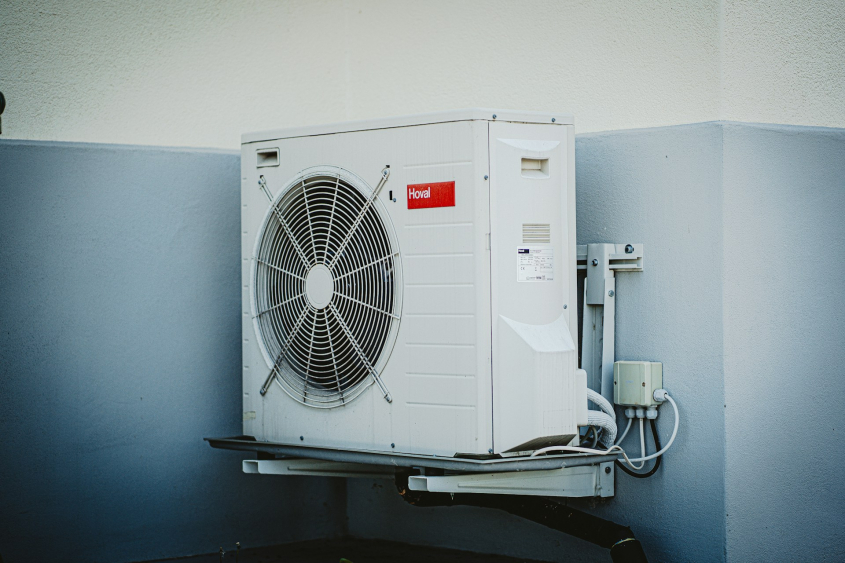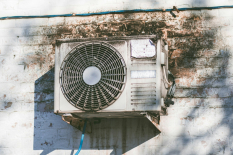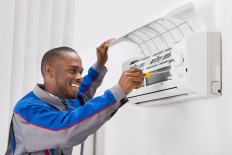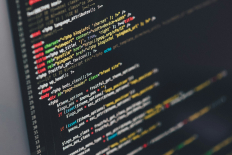To effectively troubleshoot air conditioning problems, it’s important to have a basic understanding of your HVAC (Heating, Ventilation, and Air Conditioning) system. This section will explore the importance of your air conditioning system and provide an overview of how it works.
Understanding Your HVAC System
The Importance of Your Air Conditioning System
Your air conditioning system plays a crucial role in maintaining a comfortable and healthy indoor environment, especially during hot summer months. It helps regulate the temperature, control humidity levels, and improve indoor air quality. A properly functioning air conditioner not only keeps you cool but also helps prevent issues like mold growth and heat-related health problems.
Regular maintenance of your air conditioning system is essential to ensure optimal performance and energy efficiency. By maintaining your system, you can extend its lifespan, reduce the likelihood of breakdowns, and save on energy costs. For helpful tips on AC maintenance, check out our article on AC maintenance tips during summer.
How Your HVAC System Works
Your HVAC system consists of several components that work together to cool and circulate air throughout your home. Here’s a simplified overview of how your air conditioning system works:
- Thermostat: The thermostat serves as the control center for your HVAC system. It allows you to set and adjust the desired temperature in your home.
- Air Handler: The air handler is responsible for circulating conditioned air throughout your home. It houses the blower fan and the evaporator coil.
- Evaporator Coil: The evaporator coil is located in the indoor unit of your HVAC system. It cools and dehumidifies the air as it passes over the cold coils.
- Condensing Unit: The condensing unit is located outside your home and contains the compressor, condenser coil, and a fan. It is responsible for releasing heat from the refrigerant and converting it back into a liquid state.
- Refrigerant: Refrigerant is a chemical that absorbs and releases heat to cool and dehumidify the air. It circulates between the evaporator coil and the condensing unit, undergoing phase changes to remove heat from the indoor air.
Understanding the basic functioning of your HVAC system can help you identify and troubleshoot common air conditioning problems. If you’re interested in learning more about HVAC maintenance, our article on HVAC maintenance provides valuable insights.
By familiarizing yourself with the importance of your air conditioning system and how it works, you’ll be better equipped to address any issues that may arise. However, it’s essential to know when it’s best to call a professional for assistance. In the next section, we’ll discuss the signs that indicate it’s time to seek professional help and how to choose the right HVAC technician.
Common Air Conditioning Problems
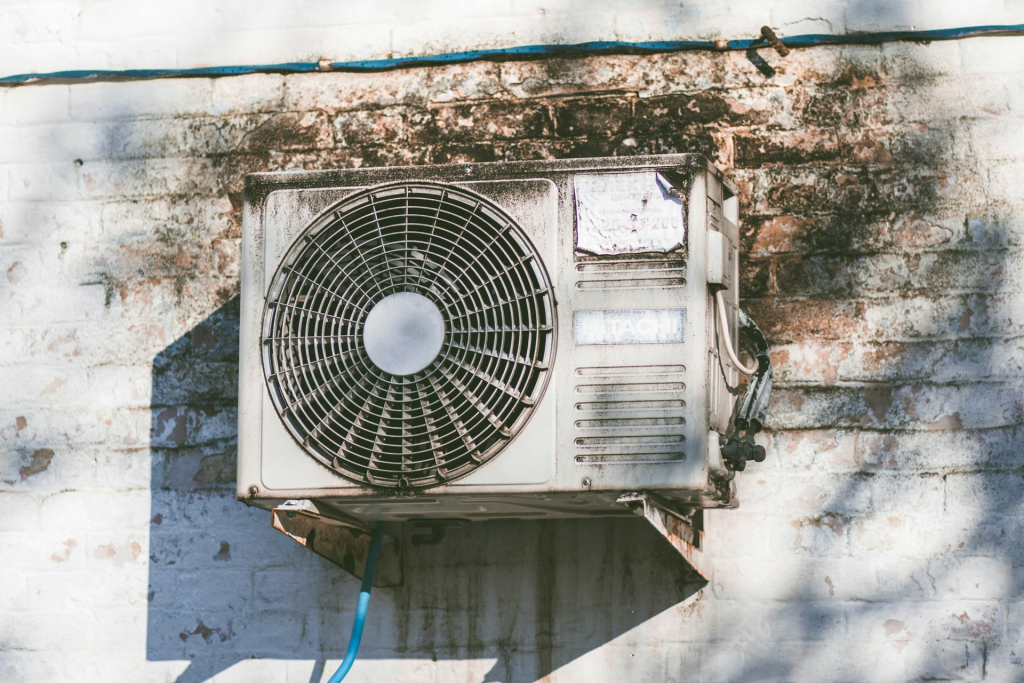
When it comes to air conditioning systems, there are several common problems that homeowners may encounter. Understanding these issues can help you troubleshoot and address them promptly. Here are some of the most common air conditioning problems you may come across:
Insufficient Cooling
One of the most frustrating problems with an air conditioning system is when it fails to cool your space adequately. This could be due to various reasons, such as a dirty air filter, a malfunctioning thermostat, or a refrigerant leak. It’s essential to check these components and ensure they are in proper working condition. For more information on troubleshooting an air conditioner that is blowing hot air, check out our article on air conditioner blowing hot air.
Poor Airflow
If you notice weak or inconsistent airflow from your air conditioning vents, it can indicate a problem with your system. Common causes of poor airflow include clogged air filters, blocked ducts, or issues with the fan motor. Cleaning or replacing the air filters and ensuring there are no obstructions in the ductwork can often resolve this problem.
Leaking Water
Discovering water leaks around your air conditioning unit can be a cause for concern. Water leaking from an air conditioner typically suggests a problem with the condensate drain line. This drain line is responsible for removing moisture from the system. If it becomes clogged or damaged, water can accumulate and overflow. Inspecting the condensate drain and clearing any blockages can help resolve this issue.
Strange Noises
Unusual noises coming from your air conditioning system can be a sign of underlying problems. These noises can range from rattling and clanking to squealing and grinding sounds. They may indicate issues with the fan blades, motors, or other internal components. It’s crucial to address these noises promptly to prevent further damage. If you’re unsure about the cause, it’s recommended to consult a professional HVAC technician.
Unpleasant Odors
Foul or musty odors emanating from your air conditioning vents can affect the indoor air quality and the overall comfort of your space. These odors can be caused by mold or mildew growth within the system, dirty air filters, or even a decomposing animal within the ductwork. Regularly replacing or cleaning your air filters and scheduling professional HVAC maintenance can help prevent these odors and keep your system running efficiently. For more information on HVAC maintenance, check out our article on hvac maintenance.
By identifying these common air conditioning problems, you can take the necessary steps to troubleshoot and address them. However, if you encounter more complex issues or are unsure about performing repairs yourself, it’s recommended to reach out to a qualified HVAC technician. They have the expertise to diagnose and fix problems effectively, ensuring your air conditioning system operates smoothly.
Troubleshooting Steps
If you’re experiencing issues with your air conditioning system, there are several troubleshooting steps you can take before calling a professional. By following these steps, you may be able to identify and resolve common air conditioning problems on your own.
Check the Thermostat
The thermostat is the control center of your air conditioning system. Start by ensuring that it is set to the desired temperature and mode (cooling). If the thermostat is not functioning properly or displaying an error message, refer to the manufacturer’s instructions or consult a professional. For more tips on maintaining your thermostat, check out our article on AC maintenance tips during summer.
Inspect and Clean Air Filters
Dirty or clogged air filters can hinder airflow and reduce the efficiency of your air conditioning system. Regularly inspect your filters and clean or replace them as needed. This simple maintenance task can go a long way in preventing issues like insufficient cooling and poor airflow. For more information on air filter maintenance, visit our article on hvac maintenance.
Clear any Obstructions
Ensure that there are no obstructions blocking the airflow around your air conditioning unit. Check both the indoor and outdoor units for any debris, such as leaves, dirt, or other objects. Clear away any obstructions and ensure proper airflow to improve the performance of your system.
Check for Refrigerant Leaks
Low refrigerant levels can cause your air conditioning system to blow warm air or struggle to cool effectively. If you suspect a refrigerant leak, it’s best to consult a professional as handling refrigerant requires specialized knowledge and equipment. They can diagnose the issue, repair any leaks, and recharge the refrigerant to restore optimal cooling performance.
Inspect the Condensate Drain
The condensate drain removes moisture that is produced during the cooling process. Over time, the drain line can become clogged with dirt, algae, or other debris, leading to water leakage or a malfunctioning system. Inspect the condensate drain and remove any blockages to prevent water damage and ensure proper drainage.
By following these troubleshooting steps, you may be able to identify and resolve common air conditioning problems on your own. However, if the issue persists or you are unsure of how to proceed, it’s best to reach out to a professional technician who can provide expert guidance. For more information on when to call a professional and how to choose the right HVAC technician, refer to our article on repairing your property after a flood.
When to Call a Professional
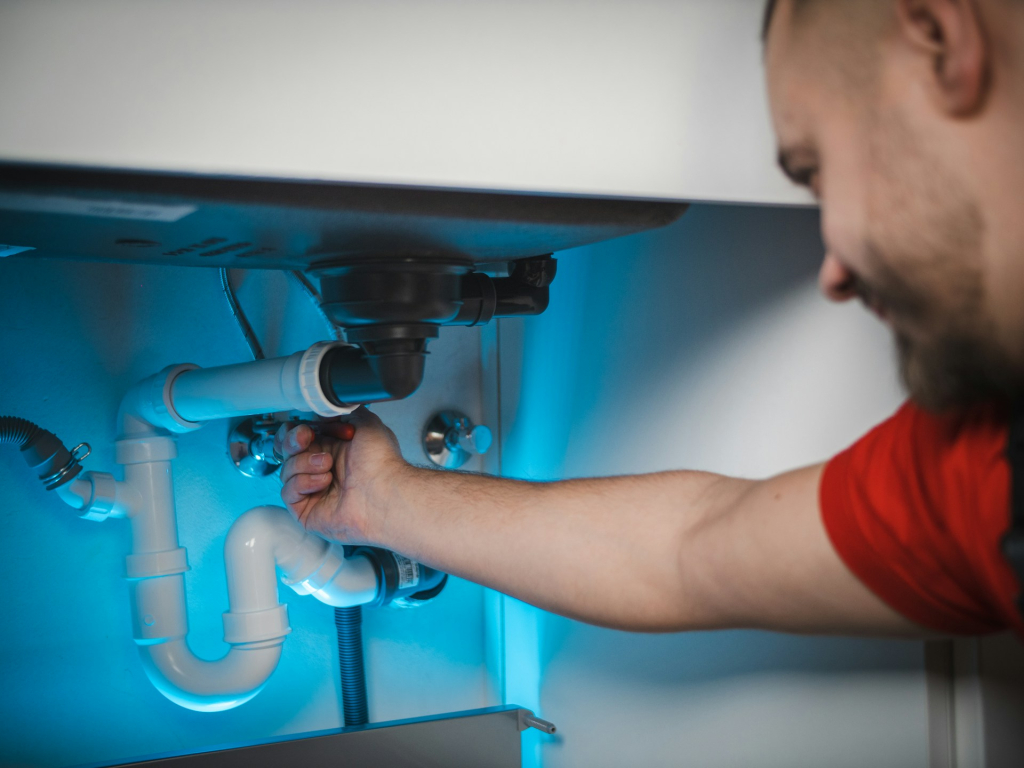
While some air conditioning problems can be resolved with simple troubleshooting steps, there are instances when it’s best to call a professional HVAC technician. Knowing when to seek professional assistance can save you time, money, and potential headaches. Here are some factors to consider when deciding between DIY and professional repair.
DIY vs. Professional Repair
When faced with air conditioning issues, it can be tempting to try and fix the problem yourself. While there are minor maintenance tasks that homeowners can handle, it’s important to understand the limitations of your own knowledge and skills. Attempting complex repairs without the necessary expertise can lead to further damage and may void any existing warranties.
Professional HVAC technicians have the knowledge, training, and specialized tools to accurately diagnose and fix air conditioning problems. They are well-versed in the intricacies of HVAC systems and can provide efficient and long-lasting solutions. Additionally, hiring a professional ensures compliance with safety regulations and gives you peace of mind knowing that the repair work is being handled by an expert.
Signs it’s Time to Call a Professional
Certain signs indicate that it’s time to call a professional HVAC technician. If you experience any of the following issues, it’s best to seek professional help:
- Recurring Problems: If you find yourself repeatedly troubleshooting the same air conditioning problem without a permanent solution, it’s time to involve a professional. They can identify the root cause and implement a comprehensive fix.
- Electrical Issues: Air conditioning systems involve complex electrical components. If you suspect any electrical problems or notice sparking, it’s crucial to contact a professional immediately to avoid the risk of electrical hazards.
- Refrigerant Leaks: Refrigerant leaks can be harmful to both the environment and your health. Professionals have the expertise to safely handle refrigerants and repair leaks without causing further damage.
- Complex Repairs: Certain air conditioning problems require technical expertise and specialized tools. If you’re unsure about the complexity of the repair or lack the necessary equipment, it’s advisable to seek professional assistance.
Choosing the Right HVAC Technician
Selecting the right HVAC technician is essential to ensure a job well done. Here are a few factors to consider when making your choice:
- Credentials: Look for technicians who are licensed, insured, and certified by reputable organizations. These credentials indicate that they have met specific standards of expertise and professionalism.
- Experience: Consider technicians who have extensive experience in handling air conditioning systems similar to yours. An experienced technician is more likely to quickly diagnose the problem and provide effective solutions.
- Reputation: Read customer reviews and testimonials to gauge the reputation of the HVAC technician or company. Positive feedback and recommendations indicate a reliable and trustworthy professional.
- Cost and Warranty: Request written estimates from multiple technicians to compare costs. Additionally, inquire about warranties on repairs or replacement parts to ensure coverage in case of future issues.
By recognizing when to call a professional HVAC technician and selecting the right one for the job, you can ensure that your air conditioning problems are resolved efficiently and effectively. Remember, regular maintenance and AC maintenance tips during summer can help prevent major issues and prolong the lifespan of your HVAC system.

